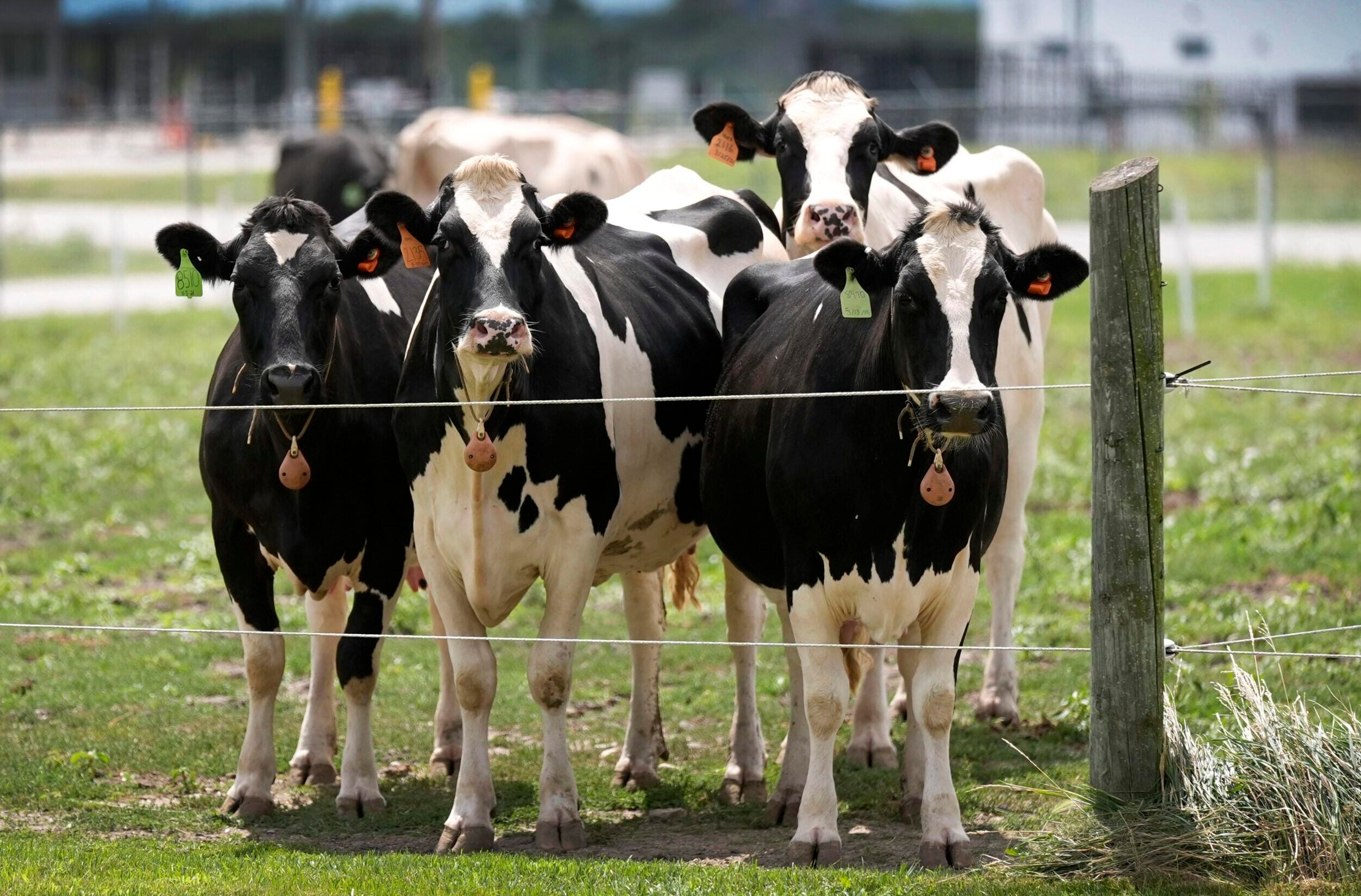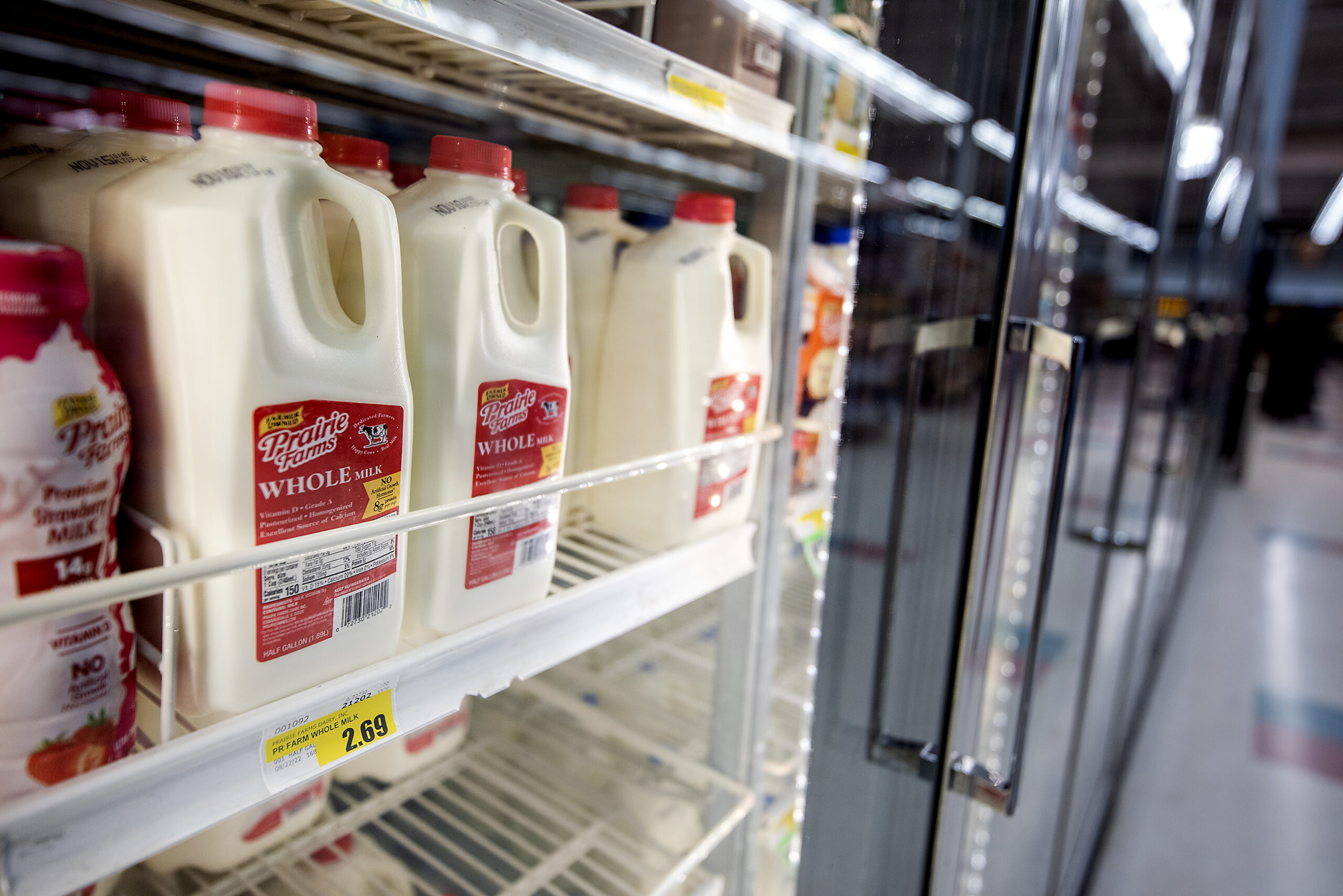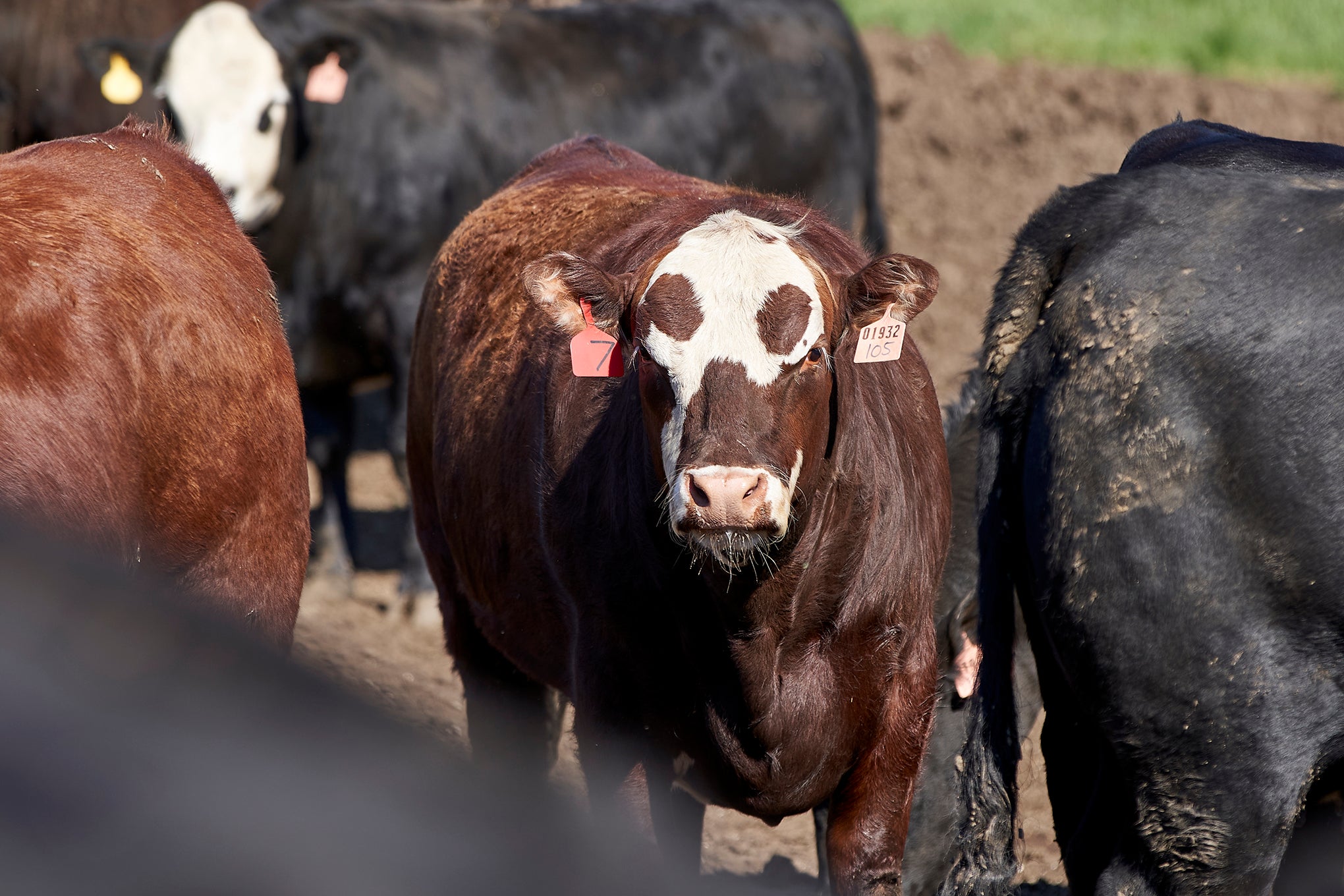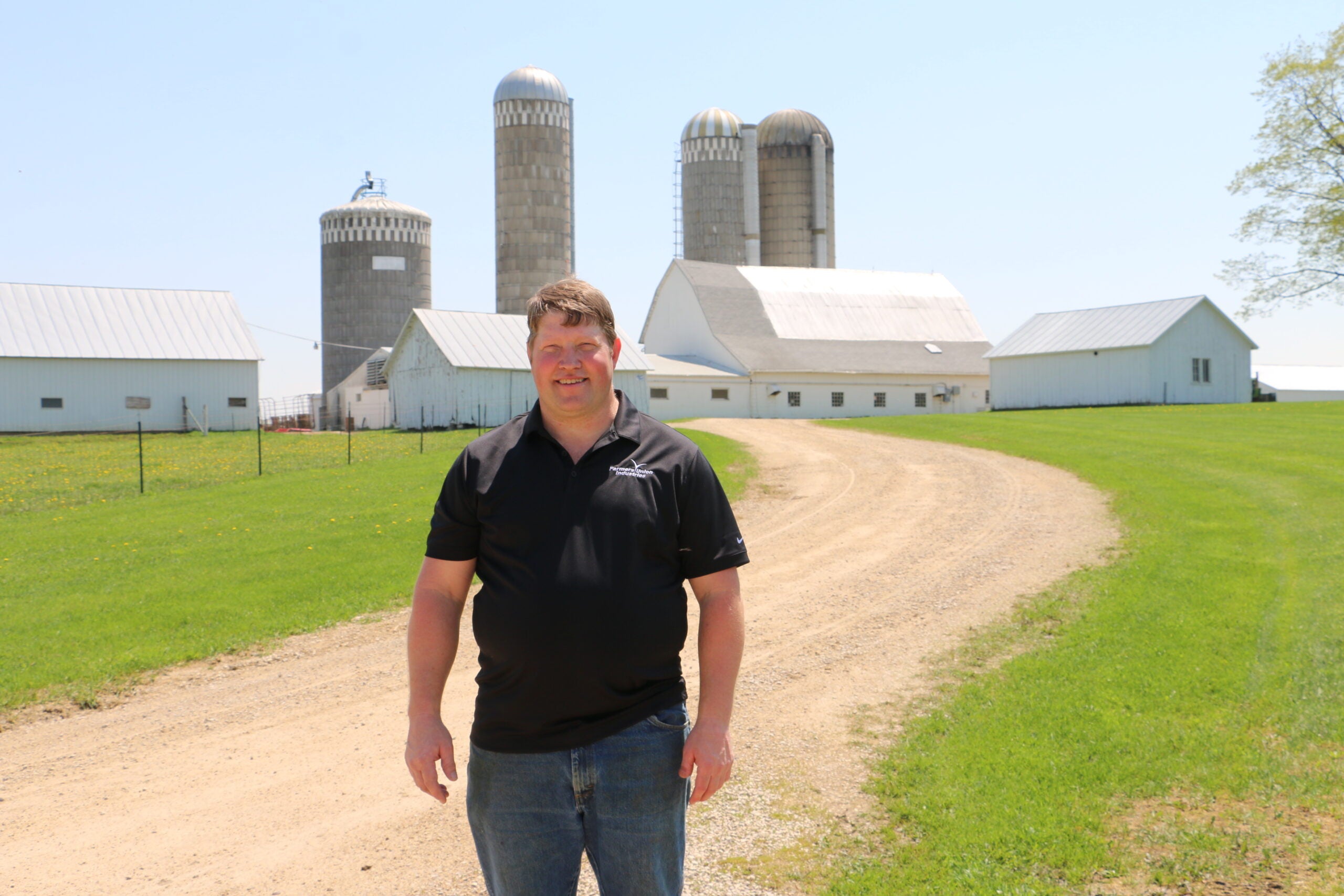The Sept. 30 expiration date is fast approaching for the farm bill, which funds the Supplemental Nutrition Assistance Program and a wide range of agriculture and conservation programs.
But many federal lawmakers and Wisconsin farm groups say it’s unlikely a new version of the legislation, which is passed about every five years, will be close to being finalized this month.
Democratic U.S. Rep. Mark Pocan recently told Wisconsin Public Radio’s “The Morning Show” that a draft of the farm bill has not been introduced in either the House of Representatives or the Senate. He said it’s possible to still see something released before the end of the month, especially in the Senate. But he said he’s less hopeful about its prospects in the House.
News with a little more humanity
WPR’s “Wisconsin Today” newsletter keeps you connected to the state you love without feeling overwhelmed. No paywall. No agenda. No corporate filter.
“I just don’t see that happening in the House anyway,” Pocan said during the Sept.12 interview. “I think, hopefully, the more extreme elements of the Republican caucus will allow some sort of a continuing resolution, so we have more time to get it done.”
The delay is unsurprising to many Wisconsin farm groups, who have been lobbying members of Congress about the legislation for months.
“It’s probably not a surprise that in general, just overall politics in Congress, specifically in the House, are just taking up a lot of oxygen in the room,” said Karen Gefvert, director of government affairs for the Dairy Business Association.
Gefvert said the farm bill has historically prompted bipartisan cooperation, with both rural and urban lawmakers invested in SNAP funding, which makes up around 80 percent of total funding. But she said the situation in Washington has been different during this farm bill process.
“We see greater politics playing a larger and larger role as far as how Congress operates, and with thin margins between the parties at the moment, that is just becoming increasingly more difficult,” she said.
If Congress provides appropriations for SNAP, that program would continue even if the farm bill expires, according to a Congressional Research Report.

Dairy industry would be the first to feel the impact of no new farm bill
If Congress doesn’t pass a new farm bill or an extension of the current legislation by the end of the calendar year, milk prices would dramatically increase in what’s referred to as the “dairy cliff”.
Chuck Nicholson, associate professor of animal and dairy science at the University of Wisconsin-Madison, said that’s because the farm bill is actually a modification of permanent legislation from the 1930s and 40s. He said the original law had a price support program, in which the federal government has to purchase dairy products in order to increase the milk price to a certain target.
The Congressional Research Service report found the mandated purchase price for milk under the permanent law would be $50.70 per hundredweight, or 100 pounds of milk, which is more than 2.5 times the market price of milk in August.
Nicholson said that might seem like a windfall for farmers, but the abrupt change would hurt both the domestic and international dairy markets.
“It would be pretty dramatic,” Nicholson said. “People would go to the grocery store and butter is $10 per pound and milk is $12 per gallon, things like that.”
He said it would also hurt U.S. dairy exports, which represented 18 percent of the nation’s milk production last year.
Nicholson said it’s not the first time Congress has neared the “dairy cliff,” but he said lawmakers are traditionally unwilling to get too close to the edge.
“The current environment is a little bit weird because we’re also facing the possibility of a government shutdown,” Nicholson said. “I still think it’s most likely that cooler heads will prevail and we’ll have some kind of extension and will work towards passing a farm bill in 2024.”
He said lawmakers will likely be motivated to get the legislation resolved quickly in the new year in order to turn their attention to the 2024 election.
Some farmer groups want bigger changes to milk pricing system
Darin Von Ruden, president of the Wisconsin Farmers Union, said a lack of decisions on farm bill programs like crop insurance could leave many producers feeling uncertain about how to plan for the next growing season.
“Farmers are usually looking at next year’s crop and what the costs are going to be and what insurance looks like and not having something secured for the next five years could be an issue for quite a few farmers,” he said.
Von Ruden said his organization is hoping lawmakers would consider more dramatic changes to how milk is priced in the U.S. to stop the continued decline in the number of dairy farms in the state and across the country. But he said there doesn’t seem to be enough willingness among lawmakers to make big changes to farm bill programs this year.
“If we want to be budget conscious and making sure that we’re not overspending dollars, some of the programs that are out there that are spending a lot of money on crop insurance and other things like that, we should have payment caps and not be giving away millions of dollars to the largest farms in the country,” Von Ruden said.
Gefvert said her organization has proposed their own changes to the milk pricing system, citing a lack of transparency around how farmers get paid that was highlighted during the COVID-19 pandemic.
The Federal Milk Marketing Order — the system responsible for pricing milk — held a hearing last month to consider an update to the milk pricing formula. But Gefvert said changes in the farm bill are needed to consider a whole new system.
“Right now, we can’t even have a dialogue, and we think that is a missed opportunity,” she said. “We want dairy farmers and some of the brightest minds in the industry to come together and say, ‘How can we update this system? What are our options?’”
Wisconsin Public Radio, © Copyright 2026, Board of Regents of the University of Wisconsin System and Wisconsin Educational Communications Board.







